What Is The Longest Surah In The Quran?
The surahs of the Qur’an vary in terms of their length and number of Ayats. If you are reading this, you want to know What is the longest surah in the Quran, right?
Advertisements
In this post, we’ll walk you through all you need to know about this surah.
What Is The Longest Surah In The Quran?
Surah Al Baqarah is the longest Surah in the Quran. It consists of 286 verses, 40 rukus and 6201 words. Surah Baqarah is in from 1 to 3 juz of the Quran. Baqara means the heifer or the cow. Al Baqarah was the first to be revealed in Madina.
According to some scholars, the last words of the Quran is in Surah Baqarah. Additionally, one of the greatest Ayat, Ayatul Kursi is in Surah Al Baqarah. Also, the longest Ayat is in this great Surah.
Summary Of The Longest Surah In The Quran
| Name | Surah Baqara (The Cow) |
| Number of verses | 286 |
| Surah Before | Surah Fatiha |
| Surah After | Surah Al Imran |
| Classification | Madina |
If we look closely at the end of Surah Al Faatihah and the opening of Surah Baqarah, we find that the relationship between these two soorahs is very much similar to a supplication and the response it evokes or the acceptance it receives.
Advertisements
Surah Fatiha ends with the words: ‘The path of those on whom You have bestowed Your favour, not of those who have earned Your anger, nor of those who have gone astray:
Immediately thereafter follows Surah Al Baqarah with the opening words:
Alif, lam, meem. This is the Book about which there is no doubt, Guidance for the God-fearing:
It is as if the divine guidance a person seeks in surah Fatiha is given to them straight away to abide by and follow in the next soorah.
When a perceptive person of fine intellect and good taste sees such a sudden response to his supplication, they are naturally overwhelmed with a deep sense of gratitude and praise for Allah.
Advertisements
Structure of Surah Al Baqarah
This Surah is entitled Al Baqarah (the cow) because it mentions at one point the story of the cow (see verses 67-73).
The name of this sooarh does not, however, signify that the cow is its main theme. It simply marks it as the soorah in which the cow is mentioned.
The greater part of this soorah was revealed in the earlier Madinan period, soon after the emigration of the Prophet SAW to Madeenah.
Advertisements
Surah Al Baqarah may be divided into some clear sections, each of which with themes of its own yet interrelated with each other.
The divisions may be further divided into sub-divisions which greatly help reflection and understanding.
It should be remembered that such sections or sub-sections are not divinely laid down. Thus, the portion containing 193 verses could be divided into five sections.
Section 1: Verses 1-39
Verses 1-19 describe the people who profit from the divine guidance (hidaayah) and those who do not.
The soorah begins, highly significantly, by declaring its own divine origin and authority: ‘This is the Book about which there is no doubt: (Verse 1)
In fact, this pronouncement is repeated quite often throughout the Glorious Qur’an, at the beginning of many soorahs and within the soorahs.
For what purpose has the Book been sent? To guide. Guide who and to what?
To guide those who are muttaqoon (conscious of Allah), those who have the quality of righteousness, Allah Consciousness, or taqwaa, to the path of Allah which leads to happiness in this world and eternal bliss in the hereafter.
Verses 2-5 lay out in some detail the traits of those who are muttaqoon. They describe how the Qur’an has come to make people, literally muttaqoon, communities conscious of Allah.
The soorah now identifies those who would never benefit from divine guidance (Verses 6-20).
The soorah then turns to call all mankind to the central message of the Qur’an: To worship and serve Allah alone and not to associate any partners with Him in worship (Verses 21-2).
To authenticate this message, it proceeds to establish the authenticity of the Qur’an, and hence that of the Messenger (Verses 23-5).
Verses 28-29 bring home the reality of life after death. Verses 21-29 offer a lucid summary of the entire Qur’anic message.
Verses 30-39 take up the story of creation and thereby set forth detail by detail the Qur’anic worldview and its understanding of the nature of mankind. People are given knowledge and free will.
Allah has established people on earth as successors (khaleefah), succeeding each other. People must, therefore, live within the limits and dictates set by Allah.
While obeying the commands of Allah, people face a continuing battle to choose between good and evil. Since they are free and morally accountable, they are liable to sin in this struggle.
To face this struggle between good and evil and overcome their sins, they are given two divine gifts:
- The promise to accept repentance and to forgive sins whenever sinners turn to Him, as He forgave Aadam (Verse 37);
- The promise to send divine guidance, as Allah promised Aadam (Ver:se 38).

Section Two: Verses 40-123
The discourse turns to Banu lsraa’eel, the Jews of its time, for 84 long verses.
It reminds them of Allah’s blessings upon them and their thanklessness and violations of His commands-the major diseases of their heart, of attitude and behaviour, faith and practice.
In short, it is a tale of their broken pledge with Allah. The question arises: why does the Qur’an do so? Why does it deal with Banu lsraa’eel in its very beginning, at such a vital point in its discourse and at such a length?
The primary objective of the Qur’an is to provide a mirror for the Muslims of all times, to hold up to themselves, to see a faithful reflection of their own condition and destiny.
The Qur’an here delivers judgment upon Banu lsraa’eel because of their failure to discharge their mission.
Thus it provides the foundation to replace them with this new Ummah, the Muslim Community, raised under the leadership of Allah’s last messenger, Muhammad SAW to continue and fulfil Allah’s mission.
Hence, although the address is directed to Banu lsraa’eel, the real addressees are the Muslims, the trustees and keepers of the Qur’an.
By reading in this light the whole eighty-four verses, we find that even specific events of the history of Banu lsraa’eel, like that of golden calf, become event of our own past and present.
This section (40-123) also contains a general da’wah address to Banu lsraa’eel.
It provides invaluable guidance as to how da’wah to a declining Muslim community should be given and shows what wisdom should be adopted in da’wah and reformation.
Verses 47 to 74 remind Banu lsraa’eel of various landmark events from their history and their corresponding behaviour.
Each event offers a crucial lesson and deals with some central aspects of their life. Above all, all these events are arranged in a meaningful order.
Verses 75 to 123 turn from the history of Banu lsraa’eel to their current states of heart and mind, faith and conduct, attitudes and behaviour.
Specially portrayed is their denial of and opposition to the last Prophet SAW.
But, it is emphasized, that this is nothing new. It is only a continuation of a long history of such attitudes.

Section Three: Verses 124-152
Verses 124-133 present an account of the sacred history of Prophet lbraaheem AS, of his pious life lived in faithful and exclusive submission to Allah.
lbraaheem AS was appointed the custodian of the House of Allah and the leader of mankind because he proved himself in every test he was pass through.
The new Ummah is a fulfilment of Ibrahim’s prayer as he built the Ka’aba, the house of Allah (verse 128)
The description of the change of the qiblah, the direction of Salah, from Jerusalem to Makkah (Verses 144-50) signifies that transfer of the Prophetic mission to the Muslims.

Section Four Verses 153-177:
Verses 153-62 display the key personal resources needed to fulfil the pledge; for example Salah, fasting, pilgrimage and striving in the way of Allah.
The most essential resource is that one remains ever-mindful of Allah. One lives in His presence. One sees everything as being from Allah and because of Him and thus remains ever-conscious of meeting Him on the Day of Judgment.
In short, one remembers Him as much and as often as one can, in every situation and every moment.
The salah has been prescribed for this very objective. That is why Verse 152 is immediately followed by the command to ‘seek help with patience (sabr) and prayer (salaah): (Verse 153) sabr, or patience, is mentioned first.
This is because salaah cannot be established and performed, individually or in congregation, without patience.
Finally, the grave consequences of breaking the pledge with respect to the Qur’an are given: curse from Allah, from the angels, from all mankind, and abiding punishment in the hereafter (Verse 159-162).
Verses 163-177 speak of the important foundations of deen and Sharee’ah. Then come some of the most important principles of Sharee’ah.
- Firstly, all good things on earth are permissible except those things which are made prohibited (Verse 168).
- Secondly, the fact that the authority to make things forbidden rests only with Allah and with no one else (Verse 169).
- Thirdly, hence only a few things are declared forbidden by Almighty Allah, while everything else is allowed (Verse 173).
- Fourthly, the prohibitions can be relaxed in the face dire human needs (Verse 173).
- Fifthly, moral prohibitions are much more important.
However, the foundation of all obedience in life remains taqwaa, or heedfulness of Allah.
Thus, Verse 177 gives a comprehensive definition of what taqwaa is.

Section Five: Verses 178-193:
The Communal Life: Principles, Law and Institutions Sanctity of life and property are the two foundations of unity and order in society.
They are taken up in Verses 178-82. These are immediately followed by instructions about fasting sawm or qiyaam) during the month of Ramadan in order to develop taqwaa or self-discipline to control oneself from overstepping and violating limits set by Allah in human relations (Verses 183-7).
Hence, the command: ‘Do not eat up one another’s possessions by false means’ (Verse 188).

Virtues And Benefits Of Surah Baqarah
The prophetic hadiths mentioned a number of virtues of Surat Al-Baqarah, and some of them are mentioned below:
- Protecting the house and its people from the harm of Satan;
Abu Huraira reported Allah’s Messenger (SAW) as saying:
Do not make your houses as graveyards. Satan runs away from the house in which Surah Baqara is recited.
Muslim 780
- Come as an intercessor on the Day of Resurrection
Abu Umama said he heard Allah’s Messenger (SAW) say:
Recite the Qur’an, for on the Day of Resurrection it will come as an intercessor for those who recite It. Recite the two bright ones, al-Baqara and Surah Al ‘Imran, for on the Day of Resurrection they will come as two clouds or two shades, or two flocks of birds in ranks, pleading for those who recite them.
Recite Surah al-Baqara, for to take recourse to it is a blessing and to give it up is a cause of grief, and the magicians cannot confront it. (Mu’awiya said: It has been conveyed to me that here Batala means magicians.) Muslim 804
- Contains the greatest verse in the Holy Qur’an; It is ayatul Kursi.
- Sufficient for who recite the last two verses at night.
Narrated Abu Mas’ud:
The Prophet (SAW) said, “If somebody recited the last two Verses of Surat Al-Baqara at night, that will be sufficient for him.” Bukhari 5009
- Achieving blessings
The prophet SAW said Recite Surah al-Baqara, for to take recourse to it is a blessing and to give it up is a cause of grief, and the magicians cannot confront it.
Advertisements


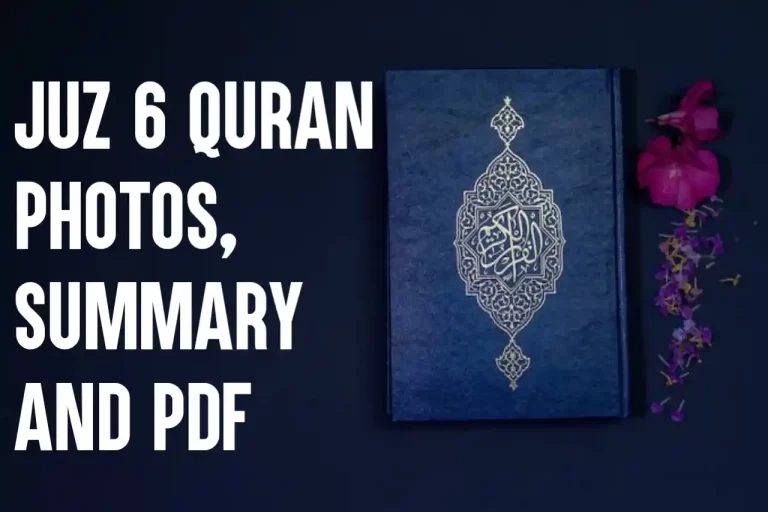
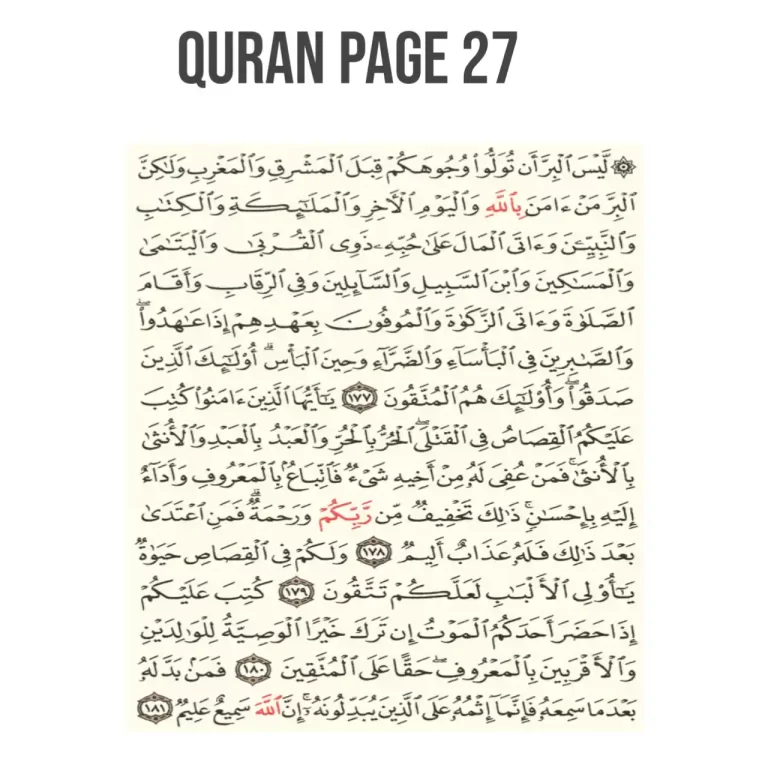
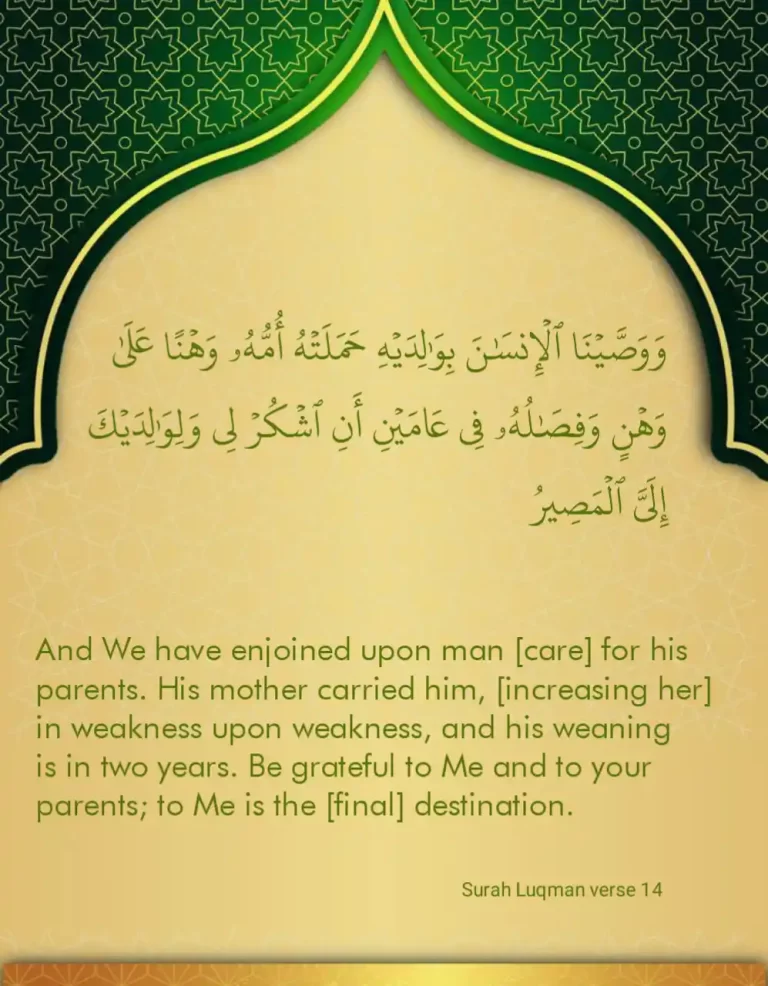
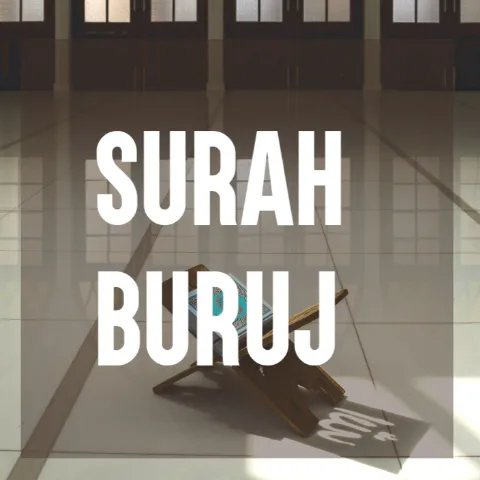
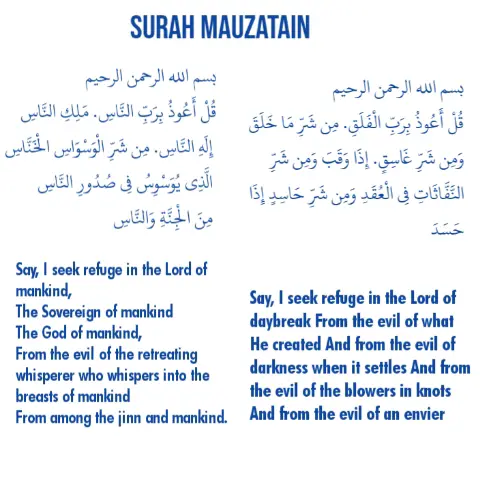
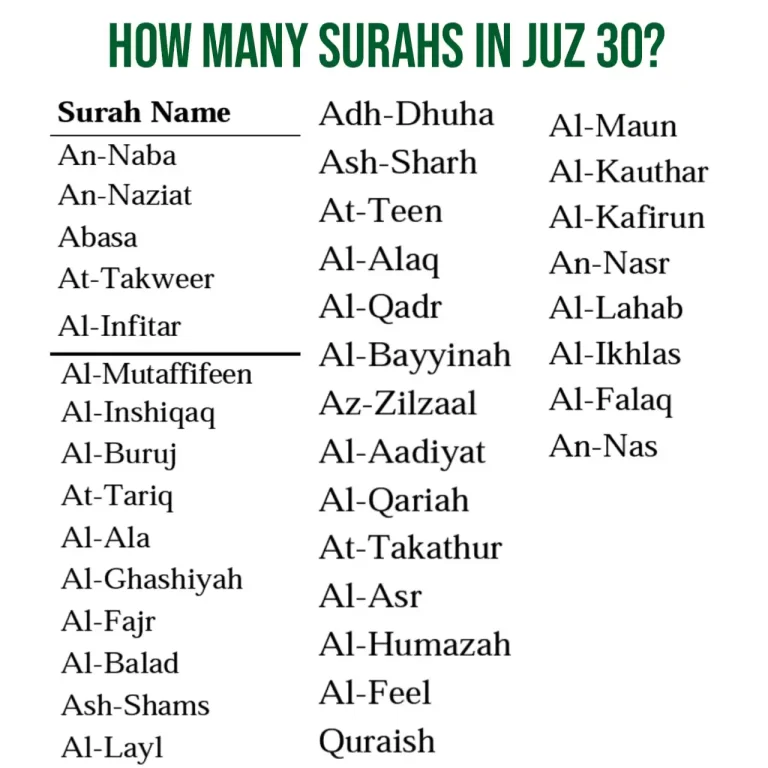
One Comment